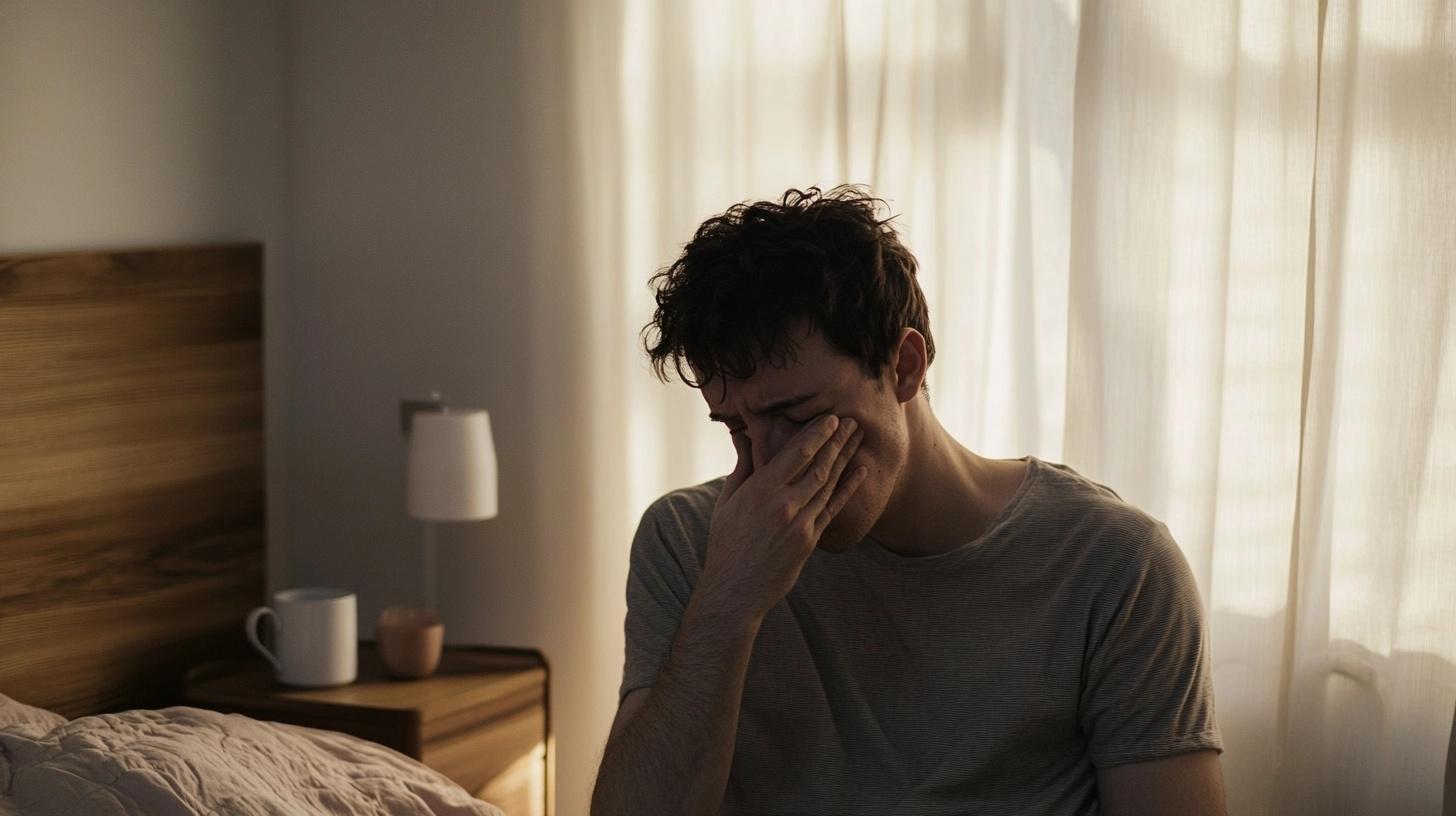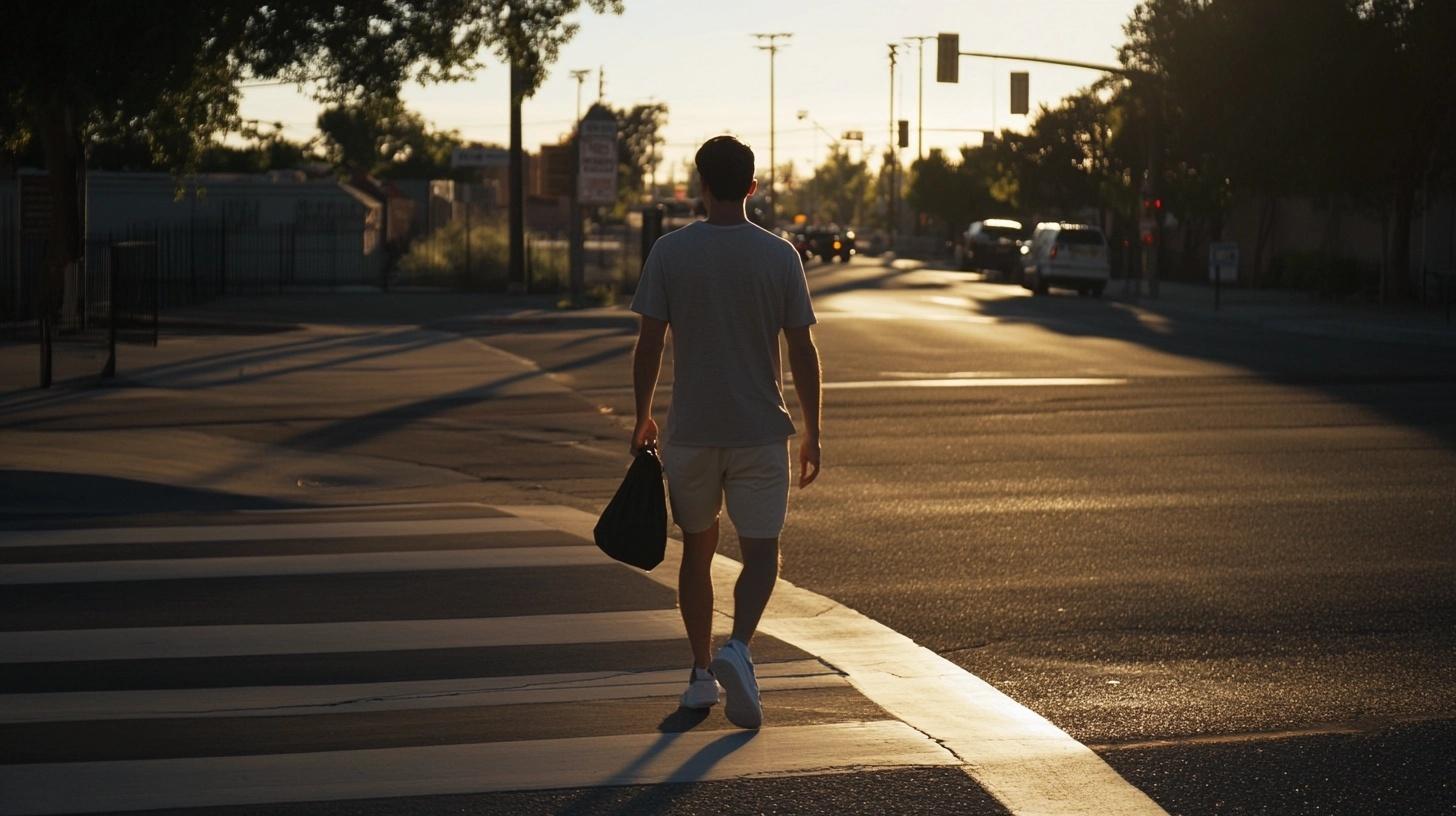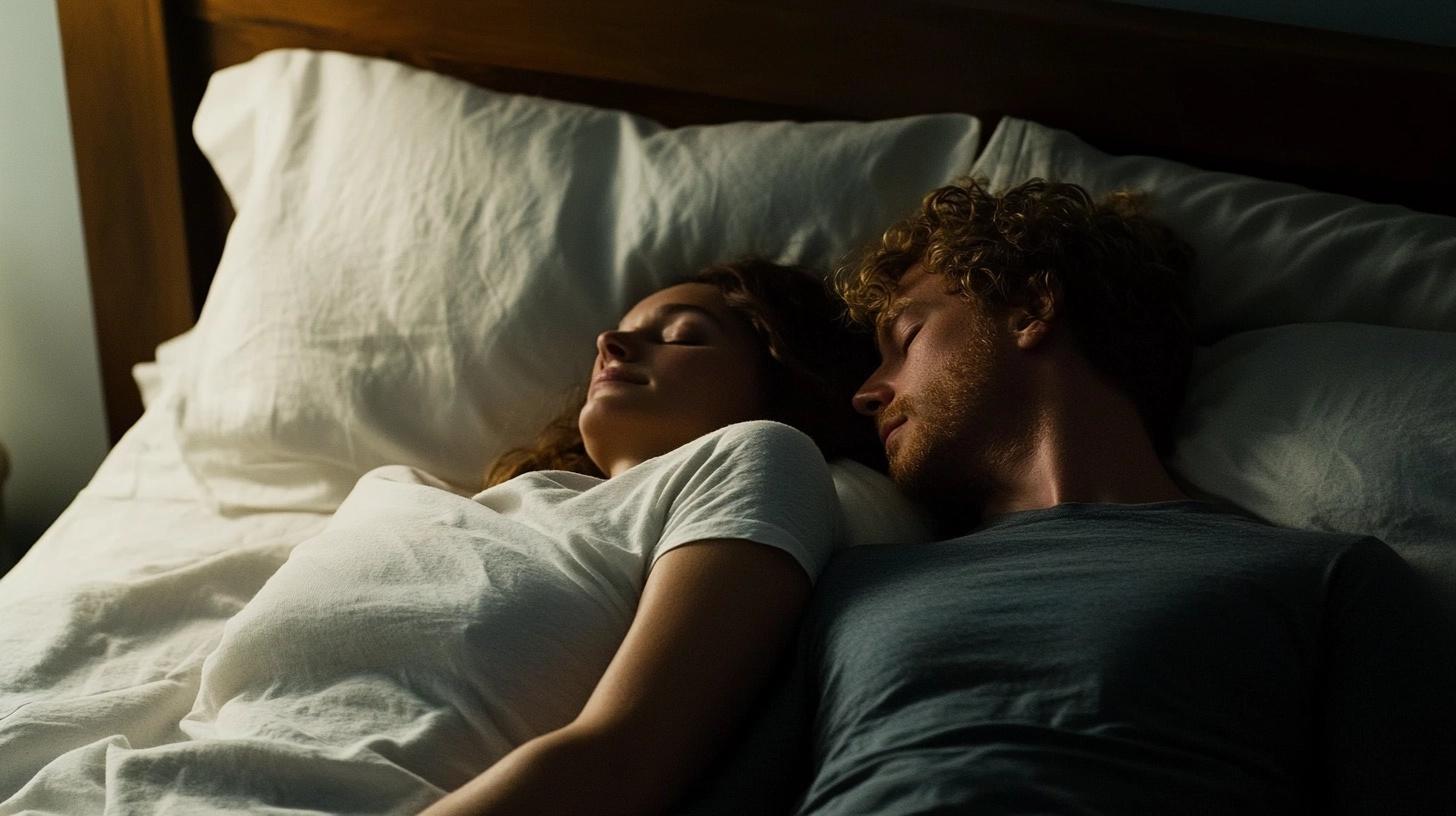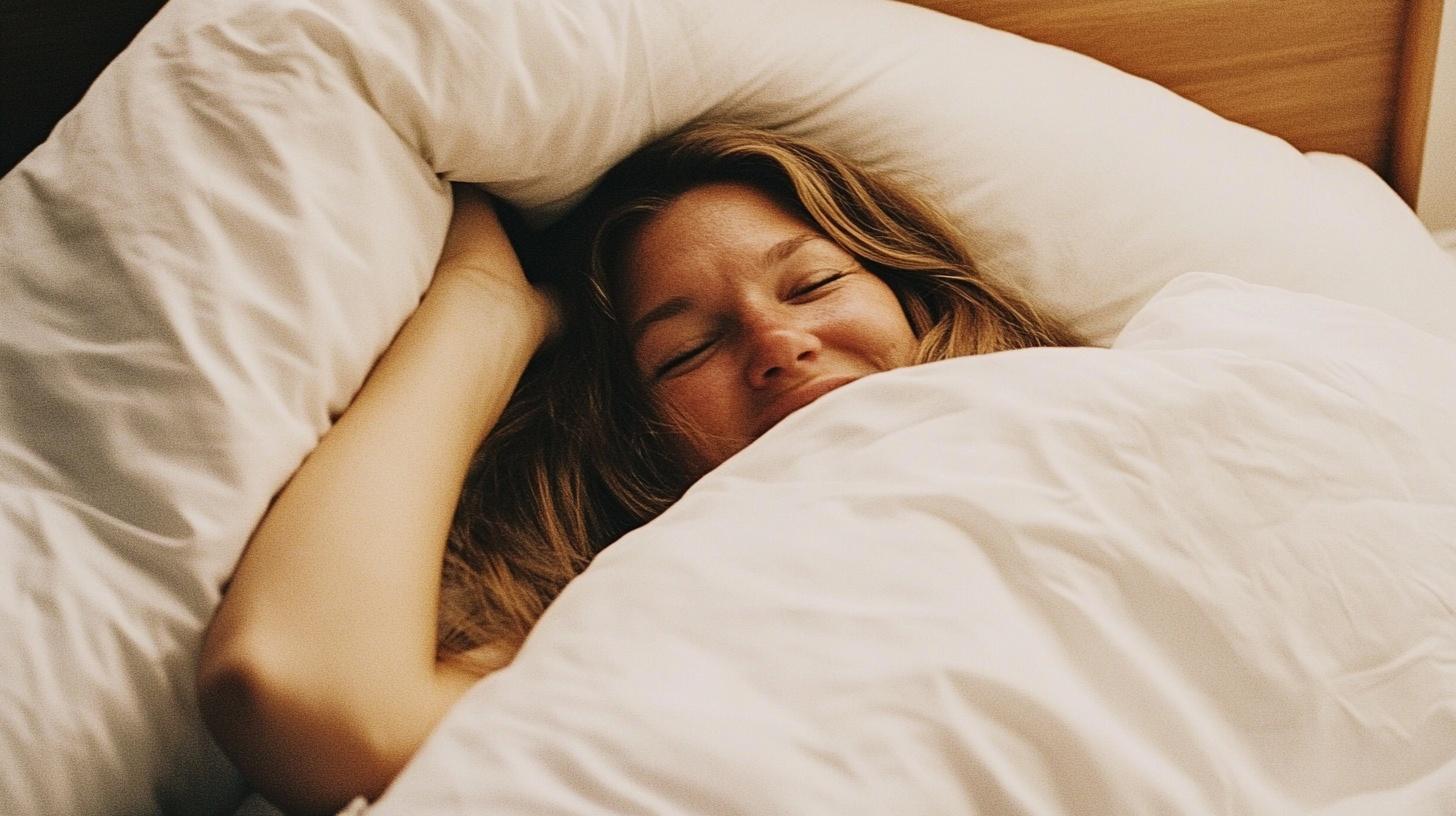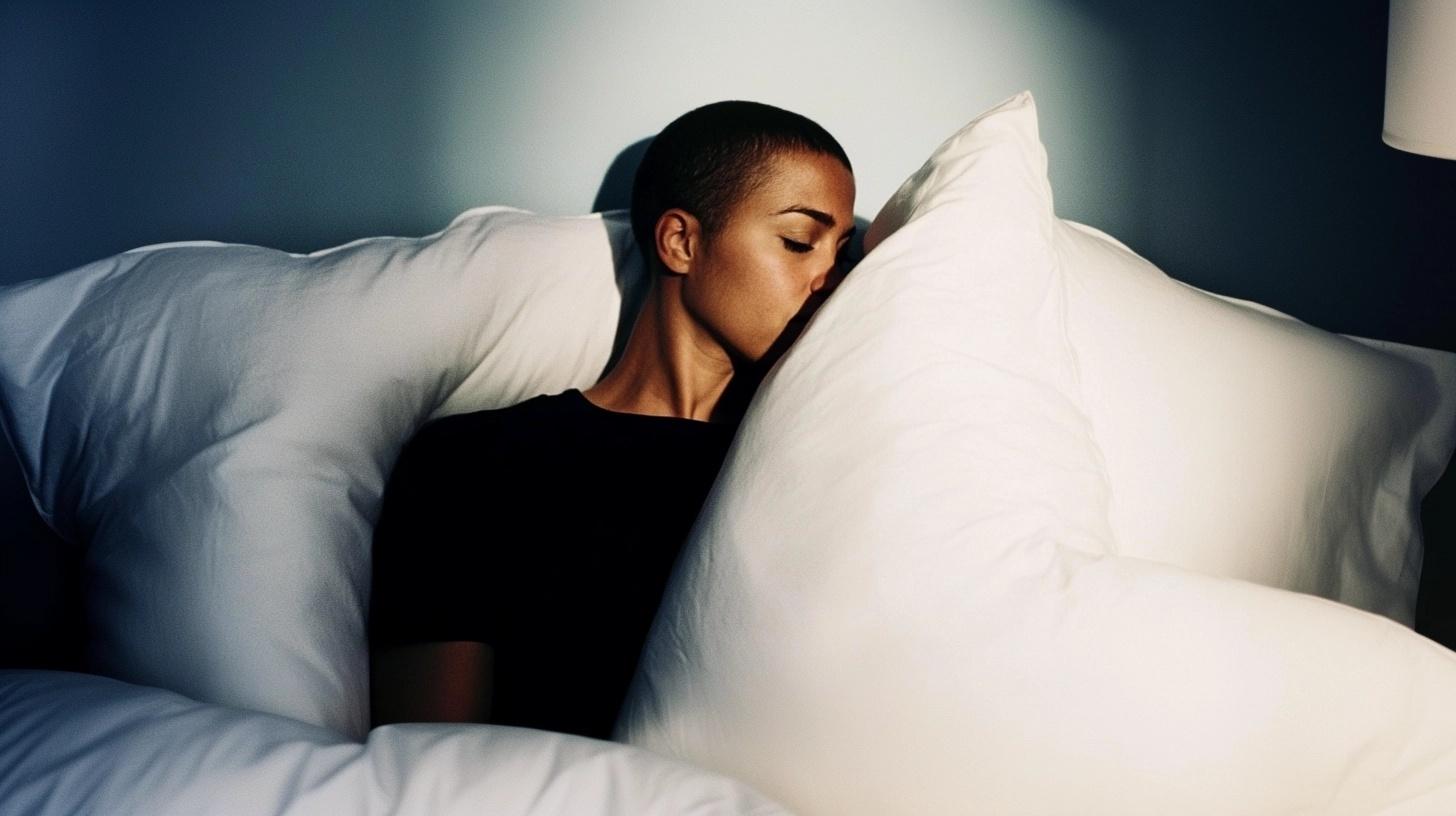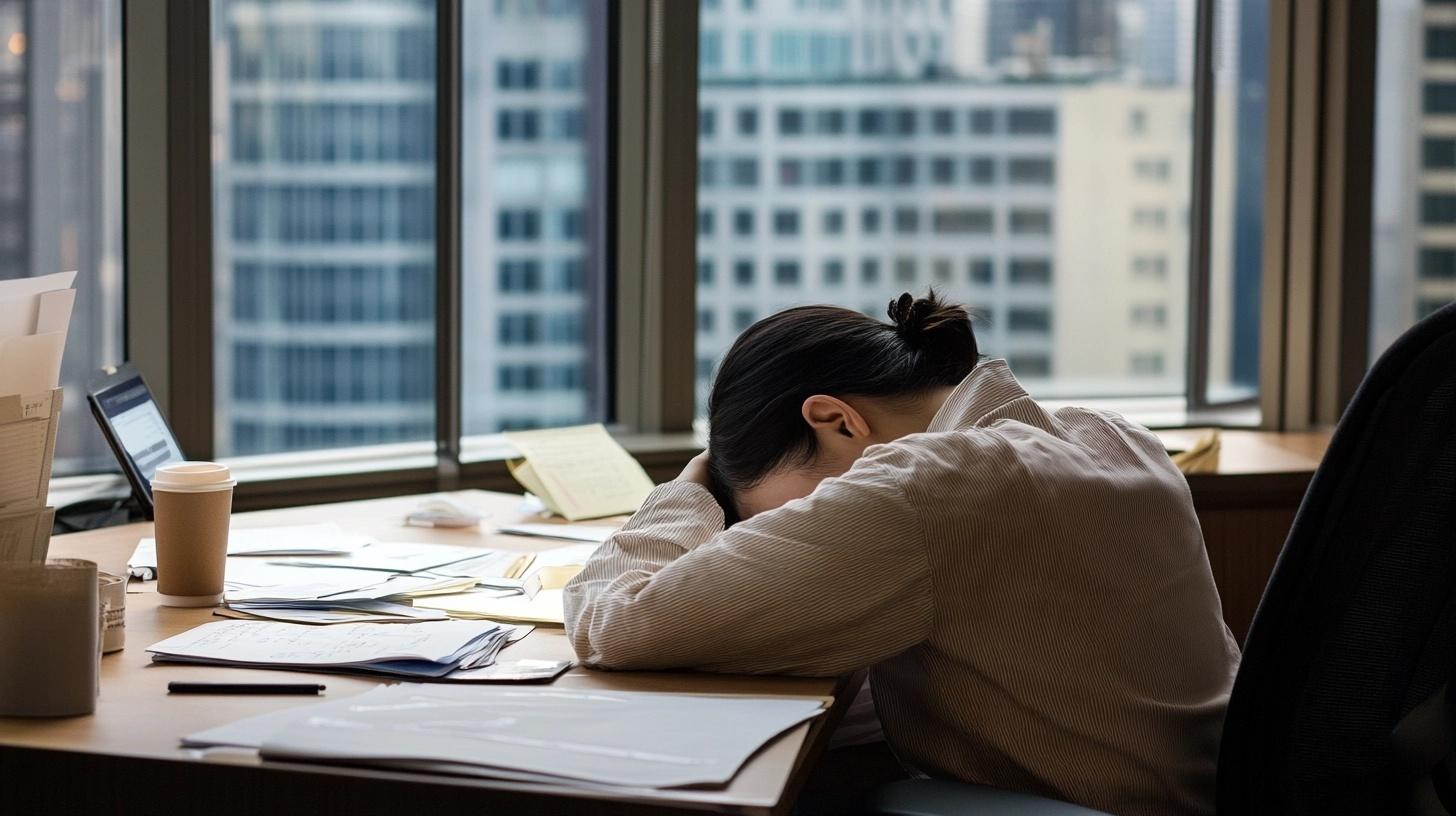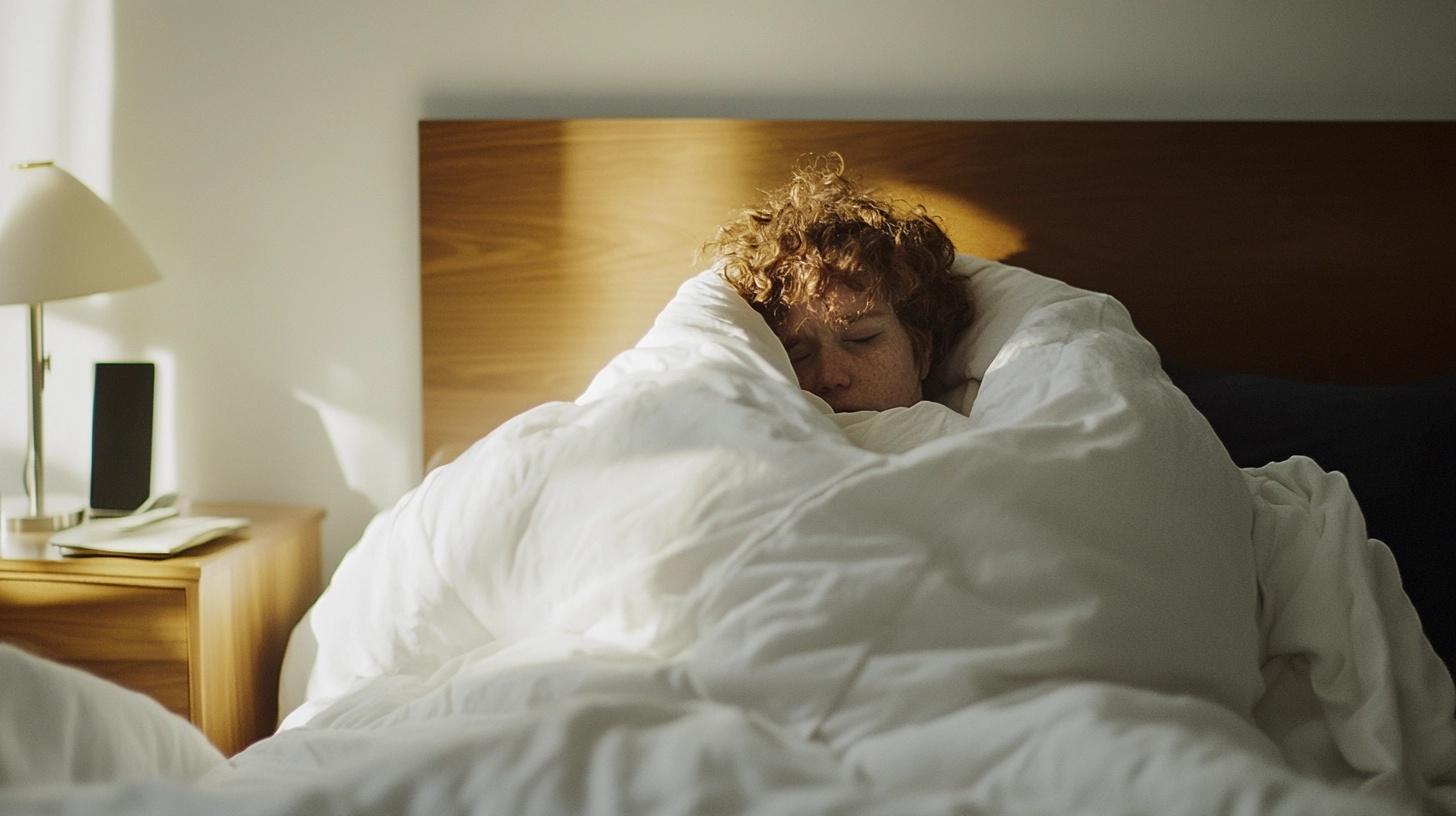Lasting impact of COVID on sleep
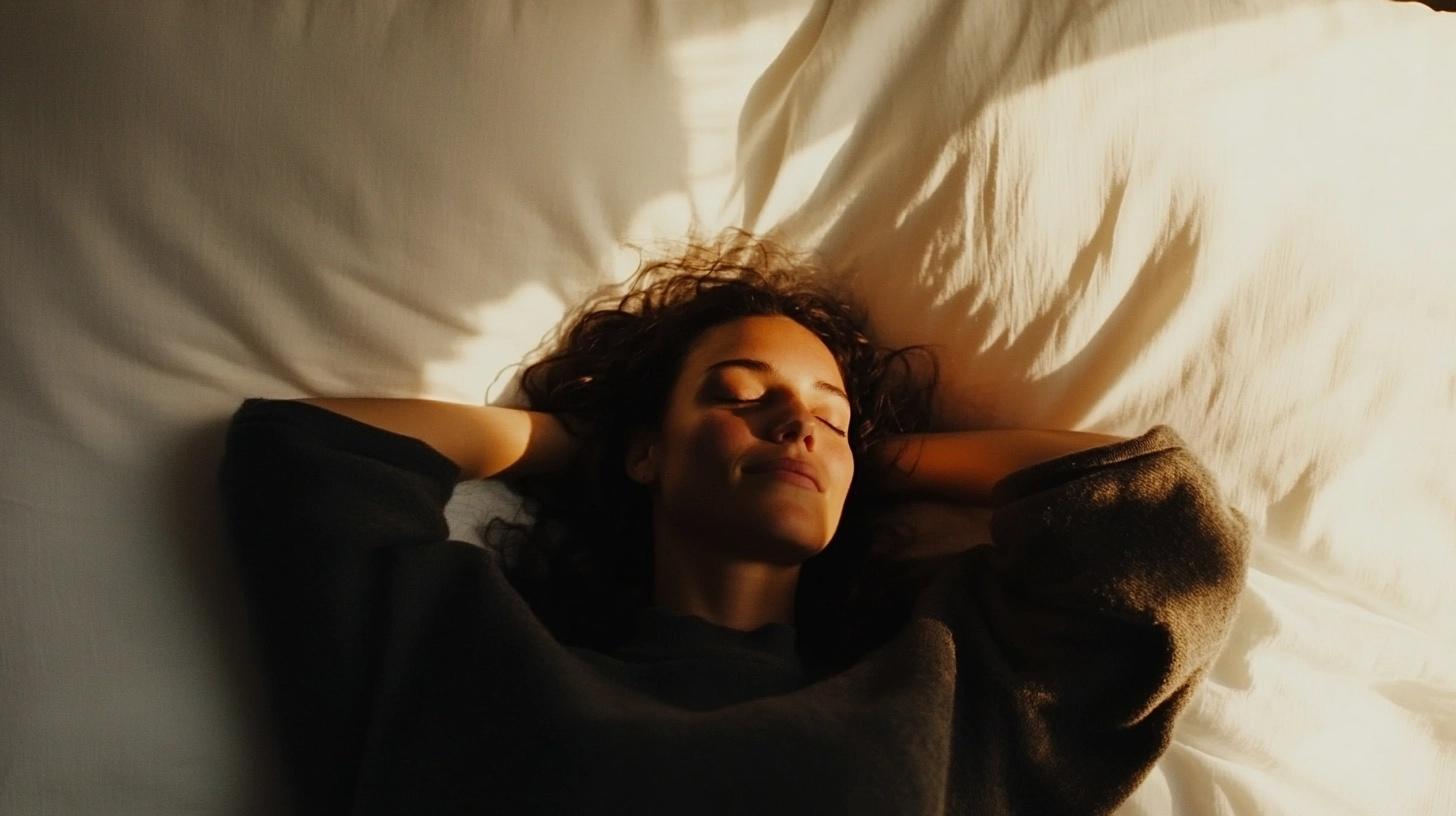
What would you do if you could not fall asleep for weeks on end? What if your insomnia and sleep problems stem from an illness you contracted months ago and your lingering symptoms puzzled medical professionals? This is the difficult reality for Long COVID patients, who suffer side effects long after tests determine that the virus has left their body.
There is no single, strict definition of Long COVID, but a yardstick is symptoms that persist for weeks or months. Symptoms can range from mild to incapacitating, with new symptoms arising well after the time of infection.
As many are beginning to see a light at the end of the tunnel, tens of thousands of people with Long COVID are still suffering from ongoing symptoms. Among the long COVID common symptoms? Sleep problems.
Long COVID symptoms: what we know, what we do not know
As Long COVID is a relatively new field of study, it is still unclear to researchers why some people experience Long COVID symptoms and some do not. Long COVID symptoms can be physical and psychological, and can make it difficult to go about daily life. Symptoms include fatigue, respiratory problems, headaches, loss of smell or taste, dizziness, depression, anxiety, brain fog, and sleep difficulties. Prolonged sleep problems can theoretically exacerbate other Long COVID symptoms; it can be speculated that the “brain fog” that troubles COVID patients could be eased by improved sleep.
Insomnia, anxiety and other neurological COVID impacts
Our collective anxieties surrounding COVID-19 kept millions of people around the world up at night, whether it was the fear of lost income or the threat of illness for yourself or a loved one. Some who contracted coronavirus found themselves terrified to fall asleep as they struggled to breathe. For many sufferers of Long COVID, that fear never dissipated.
Some patients are still afraid to sleep, as they worry they will not be able to breathe after they drift off. These sleep problems are magnified by the physical symptoms they are experiencing- including waking up short of breath.
The coronavirus can have a long-term neurological effect on its survivors, sometimes manifesting as insomnia. Five percent of COVID-19 patients in a recent study experienced insomnia. For those admitted to the Intensive Therapy Units, this leaps to 7.5 percent; for encephalopathy patients, this jumps to 10 percent. Research specific to this insomnia is still underway.
Questions remain as to whether the insomnia experienced by COVID long haulers is “regular insomnia”, and therefore largely psychological, or if COVID-linked insomnia is rooted in something else. Full understanding of its origins will be invaluable to doctors recommending treatments- at the moment it is unclear whether treatment methods deemed effective for regular insomnia will work for Long COVID sufferers.
COVID-19 and oversleeping
A separate segment of COVID-19 survivors report sleeping more than normal after recovering from the disease. They can be hit with an overwhelming tiredness. For these Long COVID patients, the need for sleep can come on strong and suddenly in a way that is not normal for them and that can significantly disrupt their ability to go about their day.
Sleep is necessary for the body’s healing process, but in some cases (not COVID-linked), consistently oversleeping or napping during the day for extended periods can influence one’s sleep quality at nighttime. However, unlike the sleepiness that everyone has occasionally experienced, the sleepiness brought on by COVID can be very hard to resist, meaning the idea of sleeping less can feel like an impossibility to some. It is still too early to determine how oversleeping related to COVID will impact these patients’ sleep quality in the long run. Sleep scientists need more time studying Long COVID’s mysterious pull before they can make recommendations on how patients can return to a normal sleep schedule.
The tough road ahead
If you are experiencing Long COVID symptoms, first talk to your doctor. For those who have been experiencing symptoms for months, the lack of clear answers and proven treatment plans can be disheartening. As we wait for more information to be uncovered, it may be worthwhile taking smalls steps to try to improve sleep, even if it may be difficult. Slowly incorporating healthy sleep habits into your bedtime routine could be a helpful starting point.
It may be years before researchers gain a thorough understanding of what causes symptoms to linger and why it impacts only a fraction of COVID-19 patients. One thing is clear: sleep is both a symptom and a recovery tool; a difficult balance we’ll be watching closely in the months to come.

